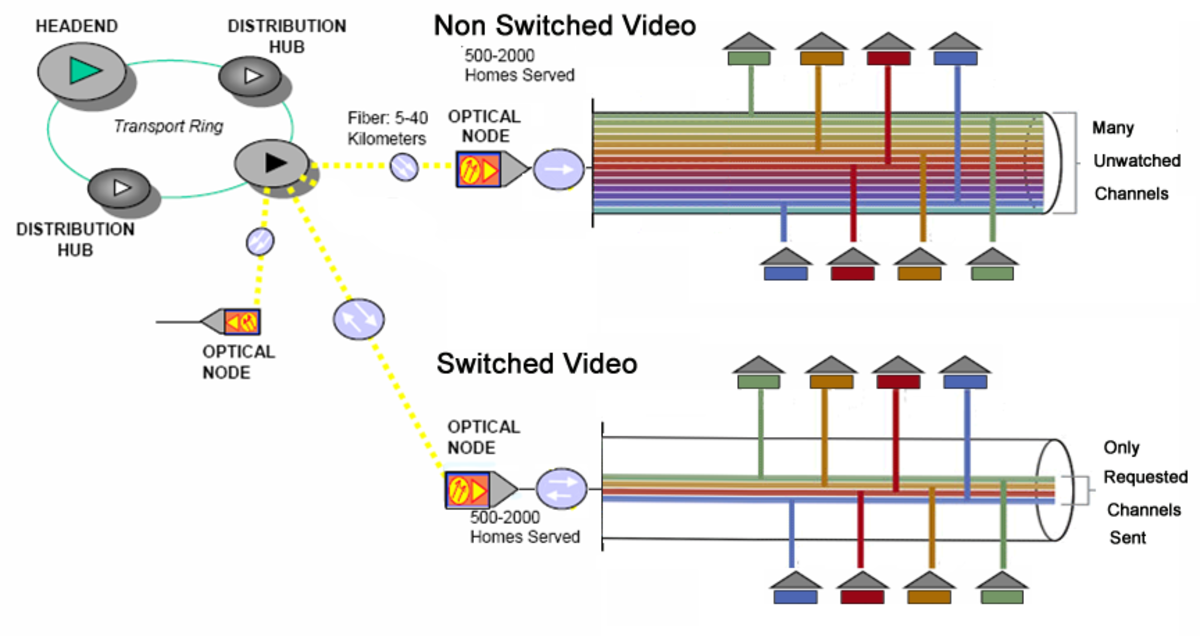The College Student's Quick Guide to Time Management

Being a student is a full-time job in itself, yet realistically, hardly any student has the luxury to dedicate all their time to their course. While the year ahead might seem to stretch endlessly, the coming nine months will have to be divided between college, paid work, family obligations and a range of other commitments. While you are always busy, you might not always be productive – it is too easy to try and fit too much into a day and panic when it doesn’t work out. To make the most of the limited time at your disposal, you will have to structure your time efficiently.
Buy a calendar
First rule of efficient time management: Use a calendar (an Academic Diary is best, as it carries you through your year in college, not just the calendar year). Yes, there are countless apps, and undoubtedly very good ones that will notify and remind you of appointments and scheduled study sessions. But the physical act of writing something down on paper carries psychological weight that many under-estimate. Writing something down not only commits it to your memory better than entering it into an app or online calendar would, but it also creates a mental commitment that you are more likely to keep. So, get an Academic Diary, and use it.
Create a term plan
Start with the big picture and work out the details after. Create a plan for the term, entering all your big tasks before breaking them down into smaller, achievable pieces. You will need to enter
- Due-dates of assignments
- Test dates
- Other school/college activities
- Social events and extra-curriculars
As the year goes on, you will have to update this plan, especially where family obligations like birthday parties are concerned; do so as soon as possible, to keep on top of your commitments. And remember to plan enough time around social events – a wedding or a stag do will take more than just one day out of your schedule.

Learn to prioritize
You might not always have enough time to get everything done. Prioritize your assignments and study for the most demanding subject or the most pressing deadline first. By making sure to tackle the most difficult tasks while you are energized and fresh, you get the most out of the time you spend on it and take a lot of pressure off yourself.
Your weekly schedule
Once you’ve created a term plan, you have a good overview regarding what you need to achieve for the year. Now it is time to break it down into weeks and days. And the end of every week (early Sunday eve works best for me!), look at the term plan and write down
- Assignments, tests etc that need to be completed this week
- Your classes for the week
- Anything that hasn’t been completed in the previous weeks and needs to be carried over
- Scheduled times for study groups and clubs
Make sure you include...
...time cushions. Plan a little more time than a task actually takes, in case you get delayed. Extra-curricular activities might take time to travel to, include this in your weekly and daily plan. This saves you from stressing when things go wrong, and you can approach your daily schedule in a much more relaxed way.
...small tasks. Writing an email to your mentor, paying a bill online… these small chores can be taken care of collectively once every couple of days. That takes less time and avoids distracting you from you main task. Set an hour aside every second or third day - that way you know you'll get around to it, and the thought of these little unfinished jobs won't bother you.
...reward time. To stay mentally happy and healthy, you have to set a little bit of time aside, once you’ve finished your studies, that is absolutely your own. To sit back and relax, to go for a walk, to meet friends – to do exactly what you want to do.

And last of all...
...be flexible. Plans are there to give you a structure and directions. A plan is a tool that is supposed to help you manage your time efficiently. What it is not supposed to do is rule your life. Unforeseen situations will occur, and they will not fit into your neatly organized schedule. Take life as it comes, and pick up the schedule where you left off as soon as you can.








